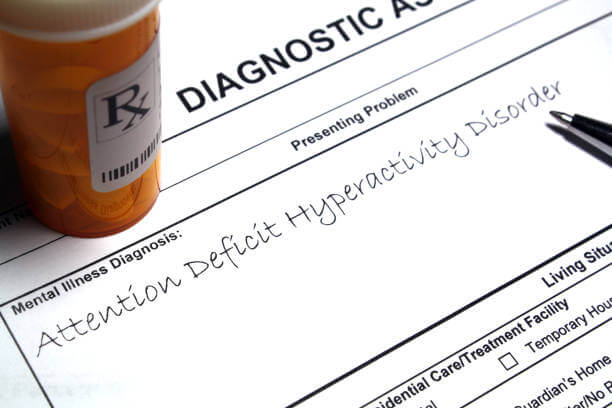
ADD, which stands for attention deficit disorder, is now considered an outdated term used to refer to a mental condition that affects how a person pays attention, controls impulses, and behaves. Today, the officially recognized term for ADD is ADHD or attention-deficit/hyperactivity disorder.
ADHD can have a significant effect on a person’s overall health. Some of the symptoms include difficulty organizing thoughts, following instructions, completing tasks, staying calm and steady, and thinking carefully before acting.
Let’s talk about some of the ways ADHD symptoms can affect your health and well-being.
Poor Mental Health
ADHD is associated with an increased risk of anxiety and depression. Having ADHD is challenging, and without proper support, it can lead to overwhelming feelings of frustration, the development of low self-esteem, and difficulty coping with daily life. Emotional dysregulation, or difficulty controlling emotions, is common in individuals with ADHD, and managing emotions is important for good mental health.
Poor Physical Health
Individuals with ADHD may be more prone to engaging in impulsive behaviors, which increases the risk of physical harm. For example, they may be more likely to engage in risky activities, run into accidents, or engage in unhealthy habits such as drinking and substance abuse. Gastrointestinal disorders and fatty liver disease are common in individuals with ADHD. What makes it worse is that poor impulse control may also affect adherence to medical treatments or medications to manage existing medical conditions.
Furthermore, many people with ADHD also have difficulty sleeping and either have trouble falling or staying asleep, which can lead to worse ADHD symptoms and an increased risk of chronic diseases. For instance, many ADHD patients have insomnia and are clinically obese.
School and Work Issues
ADHD can significantly impact a person’s performance in school and at work. Difficulties with focus and concentration, organization, time management, and impulsivity may interfere with their ability to complete tasks, meet deadlines, and maintain productivity. The condition can also make it difficult to think long-term, which is critical to success in academics and career advancement. School dropout rates are high among individuals with ADHD, as is the difficulty holding down a job. Overall, this can lead to increased stress levels, feelings of inadequacy, underachievement, and a sense of failure.
Relationship Difficulties
ADHD symptoms can affect relationships and social interactions. Individuals with ADHD may appear to not pay attention and have difficulty with social cues, which may lead to misunderstandings, conflict, and strained relationships with family, friends, and colleagues. These difficulties make it difficult to maintain relationships and contribute to feelings of isolation and loneliness.
Anyone with ADHD needs the caring support of mental health professionals, especially young patients who need help to be healthy and succeed in life.
ADHD Treatment in Sherman, TX
Carrus Behavioral Health Hospital offers a personalized, team-based approach to treating ADHD, with therapies that help children manage and overcome their mental health challenges and achieve wellness.
Our highly skilled and compassionate mental health professionals are committed to meeting your loved one’s needs in our world-class facility. We offer inpatient treatment for a range of mental health conditions, including ADHD, for a higher level of support and care and to maximize your child’s healing and recovery.
Don’t leave your child’s treatment in the hands of uncaring and inexperienced providers. To find out more about our behavioral health services or to schedule an appointment with us, call our office today at (903) 870-1222.

